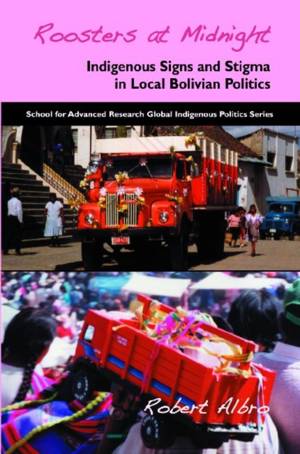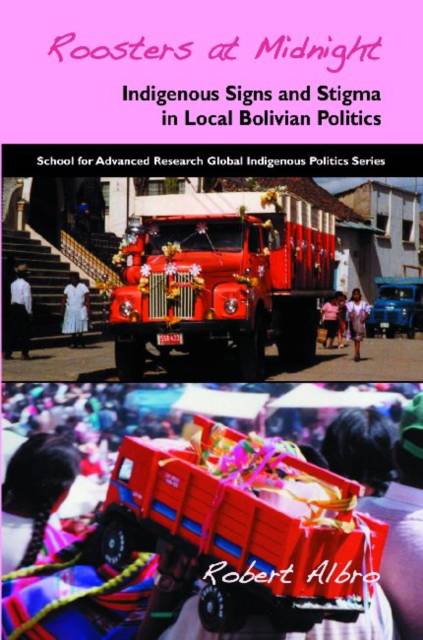
- Afhalen na 1 uur in een winkel met voorraad
- Gratis thuislevering in België vanaf € 30
- Ruim aanbod met 7 miljoen producten
- Afhalen na 1 uur in een winkel met voorraad
- Gratis thuislevering in België vanaf € 30
- Ruim aanbod met 7 miljoen producten
Omschrijving
Bolivia is a nation energetically confronting stubborn legacies of second-class citizenship as part of their historic process of political transformation, which began in early 2000 and culminated in the election to the presidency in late 2005 of Aymara-descended coca grower and opposition leader Evo Morales. The civil unrest seen in those intervening years was a spectacular expression of grassroots disenchantment and a sharp rebuke to the politics of Bolivia's neoliberal democratization, which began in sweeping structural adjustment measures during 1985.
Set in the largely urban provincial capital of Quillacollo, this book is an ethnographic examination of municipal politics in the context of renewed elections of local-level officials beginning in 1987 after a hiatus of almost forty years. Understanding who these people are, how they think of themselves, and how they relate with each other politically tells us a great deal about the everyday neopopular political ground that has steadily been moving Bolivian national politics toward a greater rapprochement with its indigenous heritage.
Specificaties
Betrokkenen
- Auteur(s):
- Uitgeverij:
Inhoud
- Aantal bladzijden:
- 264
- Taal:
- Engels
- Reeks:
Eigenschappen
- Productcode (EAN):
- 9781934691182
- Verschijningsdatum:
- 18/08/2010
- Uitvoering:
- Paperback
- Formaat:
- Trade paperback (VS)
- Afmetingen:
- 199 mm x 242 mm
- Gewicht:
- 367 g

Alleen bij Standaard Boekhandel
Beoordelingen
We publiceren alleen reviews die voldoen aan de voorwaarden voor reviews. Bekijk onze voorwaarden voor reviews.











